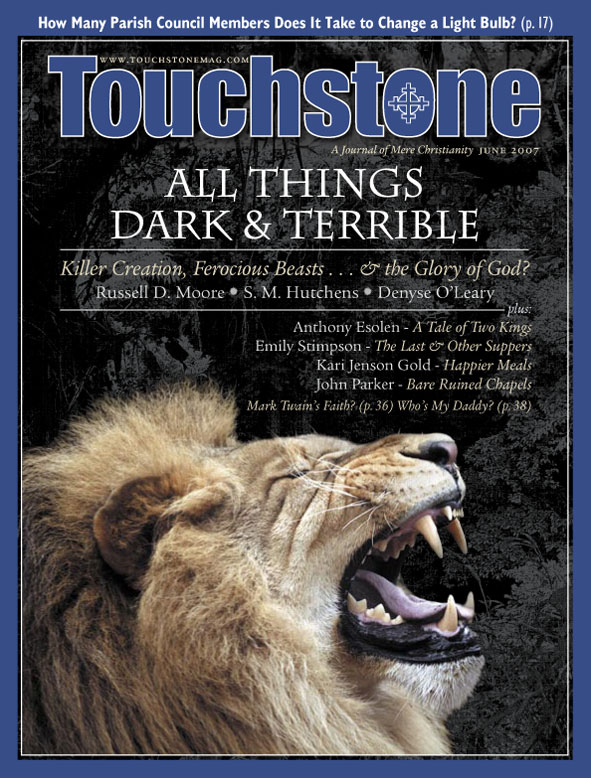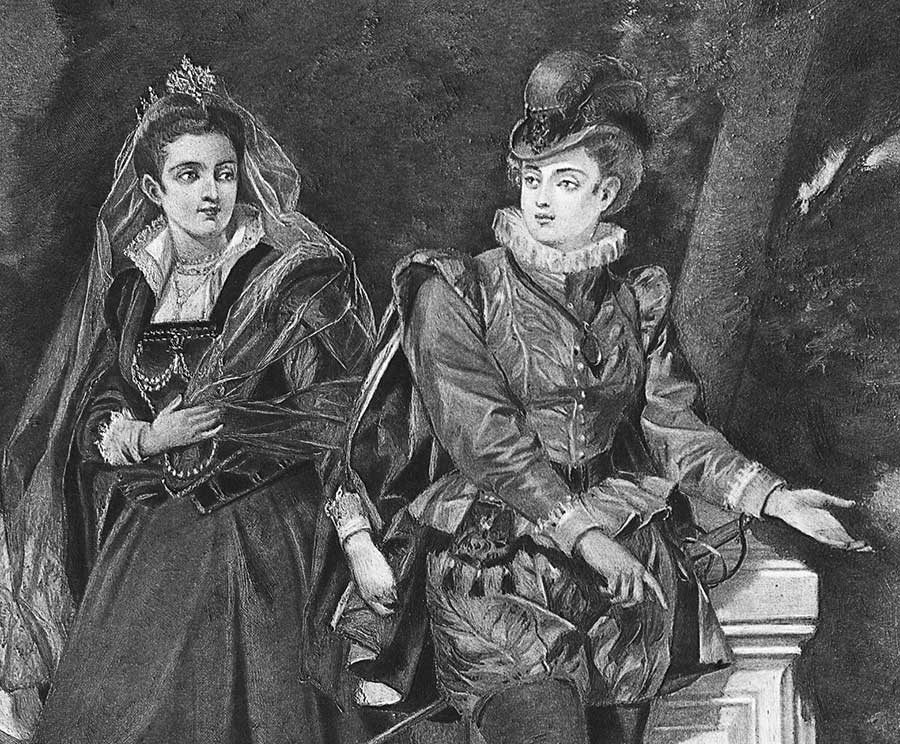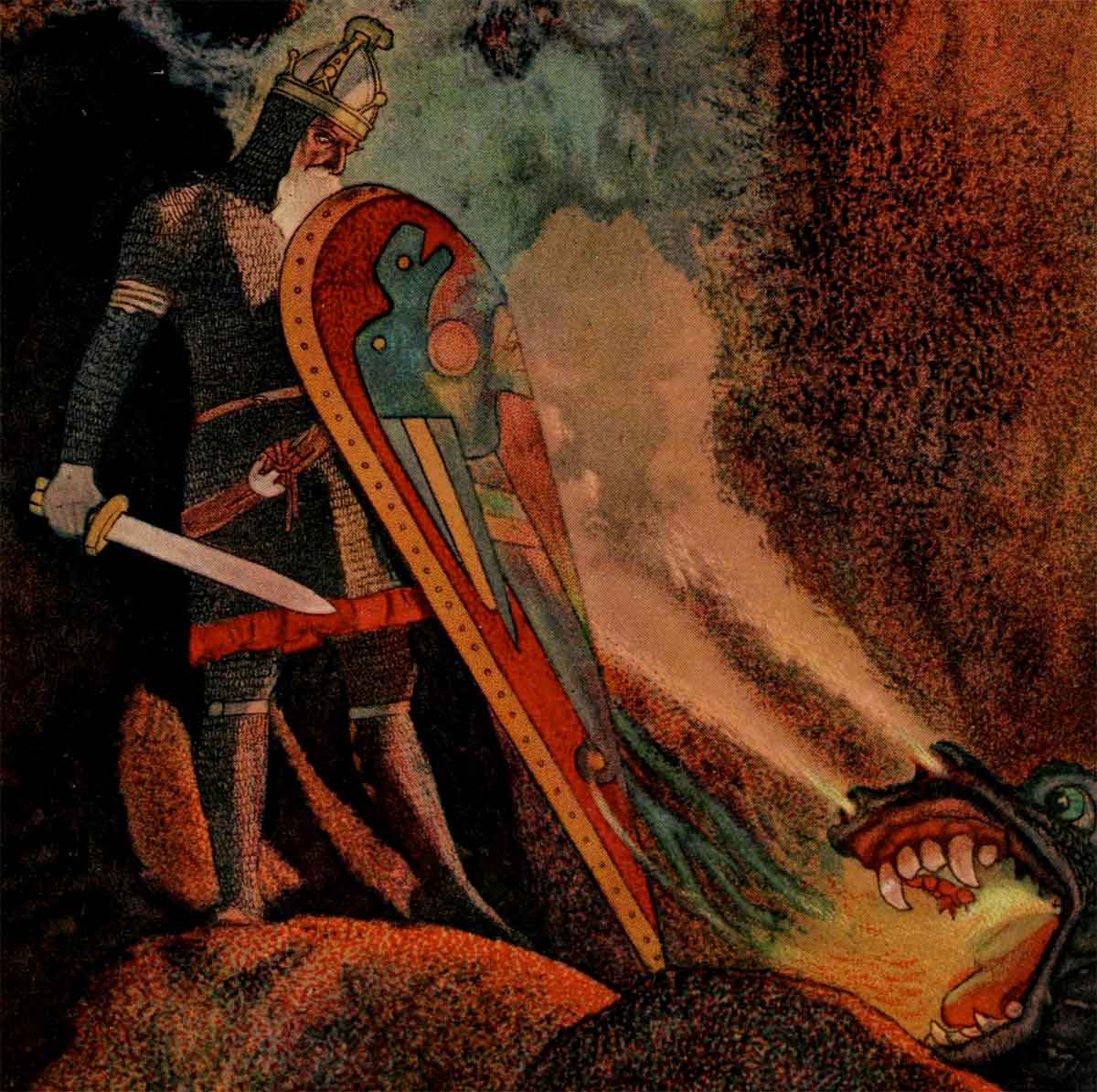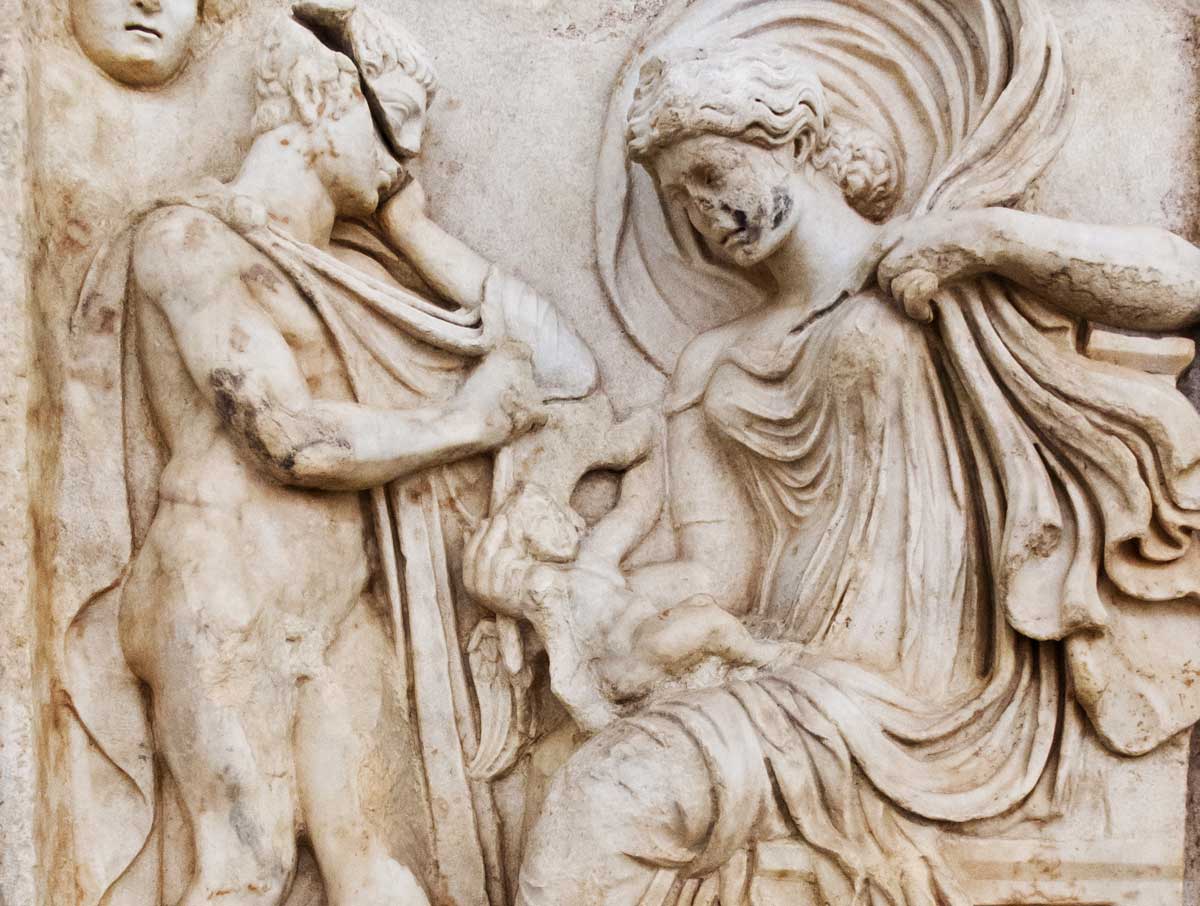Introduction
I remember the first time I heard a dramatic reading of Sophocles' Oedipus Rex in high school. I could not make heads or tails of it. There was no reason that Oedipus should suffer his fate, and he did everything possible to avoid it. What, I wondered, is a fella supposed to do?
I was not rescued from my bewilderment until I happened to stumble upon an essay by G.K. Chesterton, who explained Oedipus Rex to me by way of Macbeth and the church:
"Macbeth is, in the supreme and special sense, the Christian Tragedy; to be set against the pagan Tragedy of Oedipus. It is the whole point about Oedipus that he does not know what he is doing. And it is the whole point about Macbeth that he does know what he is doing. It is not a Tragedy of Fate but a Tragedy of Freewill. He is tempted of a devil but he is not driven by a destiny."
What Chesterton's essay revealed is that I had asked the wrong question. The question isn't "Why did the Greeks think that way?" but rather "Why did we stop thinking that way?"
In the June 2007 issue of Touchstone, Anthony Esolen explores Oedipus through the lens of a different story. Like Oedipus, King David comes to a humiliating knowledge of who he is. "You are the man!" declares the prophet Nathan in that crushing moment. But, Anthony Esolen tells us, unlike Oedipus, there's more to the Jewish and Christian story in which "A single act of love from the heart of the Almighty explodes the tense yet static confrontation between the classical heroes and the gods."
—Douglas Johnson, Executive Editor
(read more Editor's Picks)
Heaven Knows by Anthony Esolen
Heaven Knows
Christian Irony & the secrets of Kings & Gods
by Anthony Esolen
The gods know what men do not. They may hoard up their knowledge to punish
the wicked, or to bring innocent men to destruction, or they may parcel it
out, little by little, to teach men the hard lessons of humility and wisdom.
An example from ancient Greece will illustrate the point.
One day a young man fell into a quarrel at a three-way intersection on the
road to Thebes, and killed the man in the chariot who had struck him and tried
to hustle him aside. As Sophocles’ King Oedipus opens, this same passionate
Oedipus, who freed the Thebans by solving the riddle of their nemesis the Sphinx,
now plies his considerable power of mind and his almost unruly energy to solve
a new riddle: Why are his beloved Thebans dying of the plague?
It is his responsibility to bring them salvation, and he groans under the
burden. So he addresses the people who come pleading for his help:
And while you suffer, none suffers more than I.
You have your several griefs, each for himself;
But my heart bears the weight of my own, and yours
And all my people’s sorrows. I am not asleep.
I weep; and walk through endless ways of thought.
He tells them that he has done “the only thing that promised hope”:
sent his kinsman Creon to ask the Delphic oracle what to do.
Let us pause to note the king’s tragic virtue. Were it not for his
intellectual acuity and restlessness, and his care for the people, the tragedy
would not unfold. Oedipus would never learn that he himself caused the plague.
Nor should we simplify the moral problem—that a man can be destroyed
by his virtue—by saying that Oedipus esteems the human intellect too
highly, and refuses to submit to the wisdom of the gods. He has admitted being
at a loss, and that is why he must appeal to Apollo at Delphi.
Oedipus’s Curse
When Creon returns with word that the plague is a punishment for the unavenged
murder of the late King Laius, Oedipus determines to ferret out the murderer.
We in the audience know—we are Greeks, and have heard the tale before—that
Oedipus is himself the killer.
Thus, when he delivers his first proclamation to the people, we are aware
of the trap that will catch him by his own words. “The unknown murderer,” he
says, shall “wear the brand of shame” forever, driven from the
city, friendless until death. Nor does he exempt himself from the curse:
Continue Reading
Anthony Esolen is Distinguished Professor of Humanities at Thales College and the author of over 30 books, including Real Music: A Guide to the Timeless Hymns of the Church (Tan, with a CD), Out of the Ashes: Rebuilding American Culture (Regnery), and The Hundredfold: Songs for the Lord (Ignatius). He has also translated Dante’s Divine Comedy (Random House) and, with his wife Debra, publishes the web magazine Word and Song (anthonyesolen.substack.com). He is a senior editor of Touchstone.
Order
Print/Online Subscription

Get six issues (one year) of Touchstone PLUS
full online access including pdf downloads for only $39.95. That's only $3.34 per month!
Order
Online Only
Subscription

Get a one-year full-access subscription to the Touchstone
online archives for only $19.95. That's only $1.66 per month!
Order Touchstone subscriptions in bulk and save $10 per sub! Each subscription includes 6 issues of Touchstone plus full online access to touchstonemag.com—including archives, videos, and pdf downloads of recent issues for only $29.95 each! Great for churches or study groups.
Transactions will be processed on a secure server.

30.5—Sept/Oct 2017
The Unforgotten
on Costly Grace in Breece D'J Pancake's Flyover Country by Casey Chalk
more from the online archives
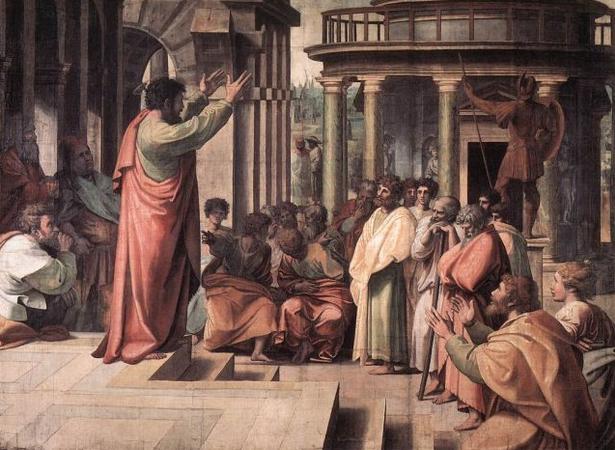
20.7—September 2007
Retaking Mars Hill
Paul Didn’t Build Bridges to Popular Culture by Russell D. Moore
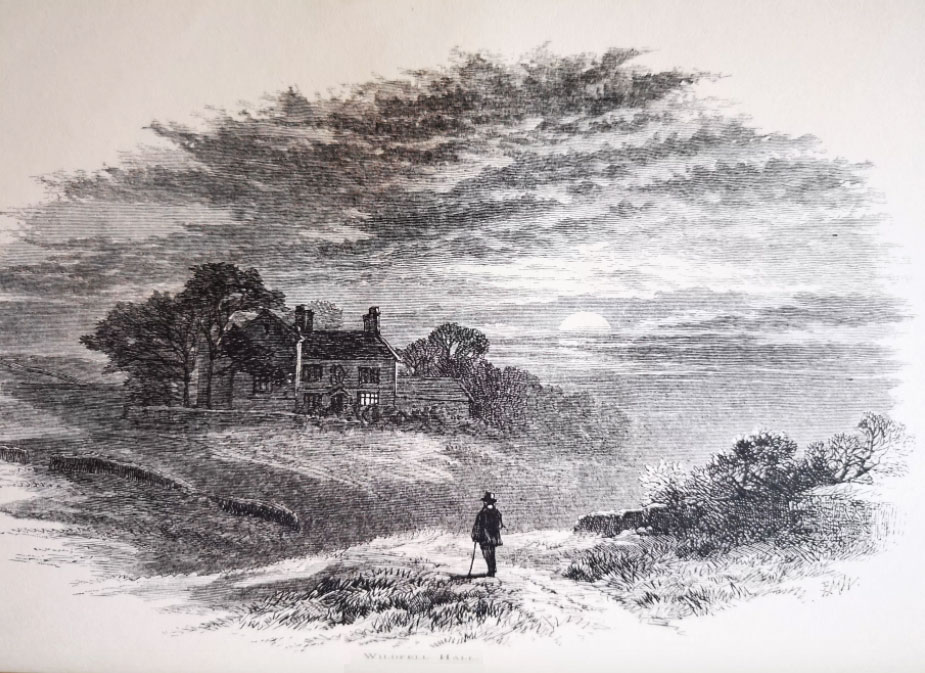
34.1—January/February 2021
Fighting for Love
What the World Needs Now It Hardly Knows by Anthony Esolen
calling all readers
Please Donate
"There are magazines worth reading but few worth saving . . . Touchstone is just such a magazine."
—Alice von Hildebrand
"Here we do not concede one square millimeter of territory to falsehood, folly, contemporary sentimentality, or fashion. We speak the truth, and let God be our judge. . . . Touchstone is the one committedly Christian conservative journal."
—Anthony Esolen, Touchstone senior editor
Support Touchstone
00






